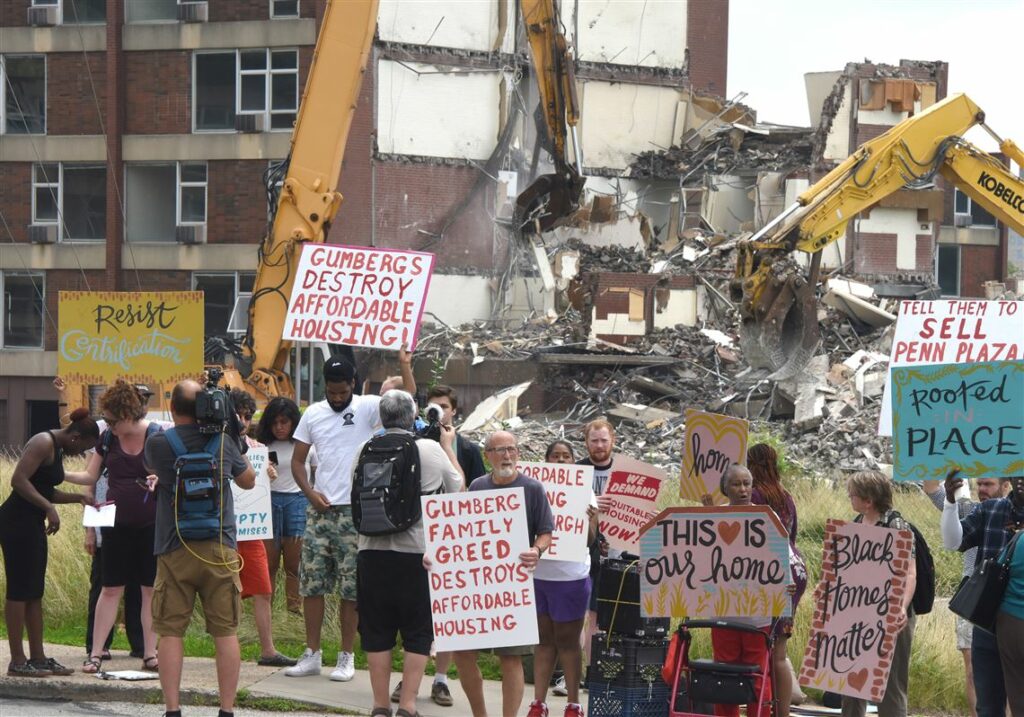More than a dozen people will join an advisory board for Pittsburgh’s new Housing Opportunity Fund.
City Council approved Tuesday 16 nominees put forth by Mayor Bill Peduto’s administration. The board will recommend ways to spend money in the fund, which is set to receive at least several million dollars a year for affordable housing programs.
The Urban Redevelopment Authority board will make final decisions on allocating the money. In December, council agreed to increase the city’s realty transfer tax — from 4 percent to 4.5 percent, effective Feb. 1 — to enable the housing effort, also known as the affordable housing trust fund.
According to council legislation, the advisory board members are Adrienne Walnoha, Carlos Torres, Derrick Tillman, Diamonte Z. Walker, Jamil Bey, Joanna Deming, Jerome Jackson, Kylash Andrew Chintalapalli, Lena Andrews, Leslie Springs, Majestic Lane, Mark Masterson, Richard Butler, Sonya Tilghman, Theresa Kail-Smith and Valerie McDonald Roberts. A 17th person, Samuel Su, is due to be nominated next week for a board seat.
Council tagged $10 million for the fund in the city’s 2018 operating budget. “Those funds are currently available by the city, and the URA will start to fund projects within the next two months,” URA spokeswoman Gigi Saladna said.
It wasn’t immediately clear when the URA board may discuss how to divvy up money in the fund. Aid programs are likely to include closing-cost assistance for eligible first-time homebuyers. Other possibilities feature foreclosure prevention, rental assistance, help with home repairs and new housing.
More than 23,000 Pittsburgh households spend more than half their income on housing, making those families susceptible to foreclosure, eviction and other hardships, according to council legislation.
